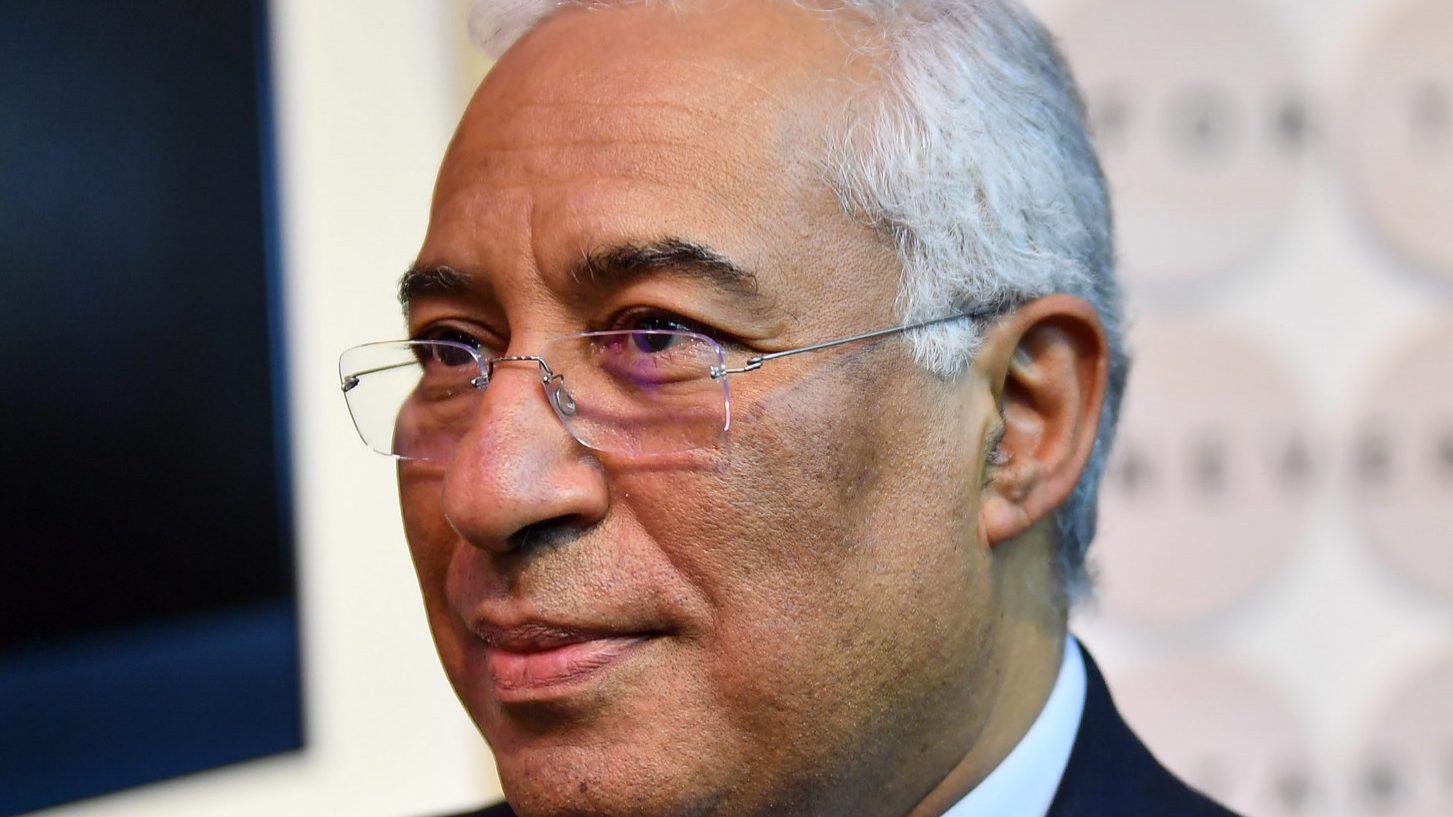President vetoes Cybercrime Law amendment
Portugal’s president returned the decree to the Parliament, without promulgation, after the Constitutional Court considered the changes unconstitutional.
Portugal’s president, Marcelo Rebelo de Sousa, on Wednesday vetoed the parliamentary decree amending the Cybercrime Act, for the unconstitutionality of an article that allows the seizure of emails without a judge’s order.
In response to a request by Marcelo Rebelo de Sousa for an anticipatory review, the Constitutional Court ruled that there was a restriction of the fundamental rights to inviolability of correspondence and communications and the protection of personal data in the use of information technology, as specific manifestations of the right to privacy, in terms harmful to the principle of personality.
In the ruling, which had as rapporteur the judge counsellor Mariana Canotilho, it is also considered that the norms of article 17 of the Law of Cybercrime, in the new wording established through this diploma of the parliament, constitute a violation of the principle of the reserve of the judge and the constitutional guarantees of defence in criminal proceedings.
The vetoed law was based on a draft law of the government, which resulted in a final text presented by the Committee on Constitutional Affairs, Rights, Freedoms and Guarantees, approved in a final overall vote on 20 July, with votes in favour by PS, PSD, BE, PAN, PEV, Chega and the non-attached Members Cristina Rodrigues and Joacine Katar Moreira, with abstentions from PCP, CDS-PP and Iniciativa Liberal.
In the request for preventive review that he sent to the Constitutional Court on 4 August, the Head of State pointed out that, in addition to transposing a European directive on combating fraud and counterfeiting of non-cash means of payment, the legislature also took the opportunity to amend article 17 of the Cybercrime Law.
De Sousa framed the amendment to this article as a substantial change in the paradigm of access to the content of electronic communications, in which it is admitted that access falls primarily to the Public Ministry, which only later presents it to the judge.
This is the third law Marcelo Rebelo de Sousa has vetoed due to unconstitutionality declared by the Constitutional Court.
The previous vetoes due to unconstitutionality were to the parliament decree on medically assisted death, in March this year, and amendments to the law on medically assisted procreation (PMA), in September 2019, following rulings of the Constitutional Court in response to its requests for preventive review.


